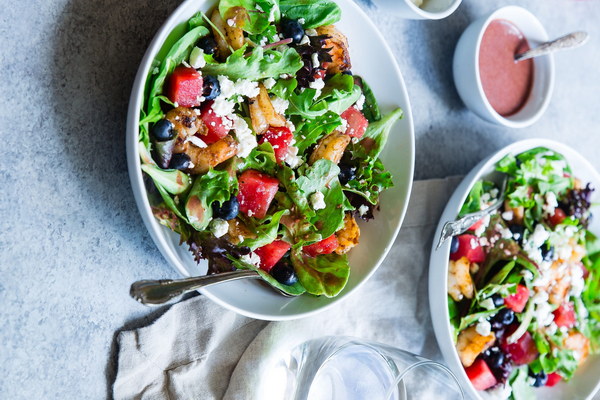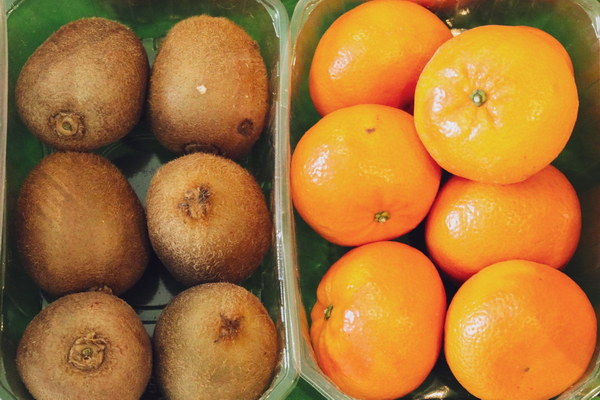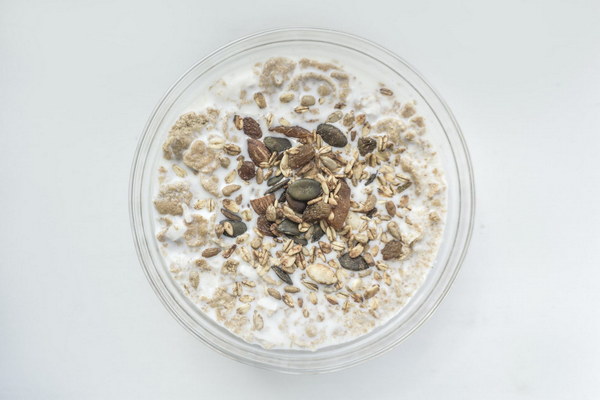Top Tips for a Healthy Diet How to Eat Right for a Child with a Weak Stomach
Introduction:
A weak stomach can be a challenge for children, as their digestive system is still developing. It's important to provide them with the right kind of food to ensure they receive the necessary nutrients while also taking care of their sensitive stomach. In this article, we will discuss the best ways to eat for a child with a weak stomach, focusing on healthy and nutritious food choices that can help soothe and strengthen their digestive system.
1. Choose the Right Foods:

When it comes to feeding a child with a weak stomach, it's crucial to select the right type of food. Here are some recommendations:
a. Soft Foods: Opt for soft and easily digestible foods such as oatmeal, mashed potatoes, and well-cooked vegetables. These foods are gentle on the stomach and can be easier to digest.
b. Gentle Proteins: Choose proteins that are easy on the stomach, such as lean meats, fish, tofu, and eggs. Avoid highly processed and fatty meats.
c. Whole Grains: Incorporate whole grains like brown rice, quinoa, and whole grain bread into the diet. These grains provide essential nutrients and fiber without causing discomfort.
d. Fruits and Vegetables: Include a variety of fruits and vegetables in the diet. However, it's important to choose ripe and soft fruits like bananas, avocados, and ripe pears. For vegetables, opt for cooked versions like carrots, sweet potatoes, and green beans.
2. Avoid Certain Foods:
To minimize discomfort and potential stomach issues, it's best to avoid certain foods:
a. Highly Spicy Foods: Spicy foods can irritate the stomach and cause discomfort. It's best to avoid or limit the consumption of spicy dishes.
b. Fatty and Greasy Foods: Fatty and greasy foods can be hard to digest and may exacerbate stomach issues. It's best to avoid fried foods, fast food, and heavily processed snacks.
c. Carbonated Beverages: Carbonated drinks can cause bloating and discomfort. Opt for water, herbal teas, or diluted fruit juices instead.
3. Eat Small, Frequent Meals:
Instead of three large meals a day, encourage your child to eat smaller, more frequent meals. This helps the stomach to process food more easily and reduces the risk of indigestion. Aim for 4-5 small meals throughout the day.
4. Avoid Eating Too Fast:
Eating too quickly can lead to overeating and indigestion. Encourage your child to take their time and chew their food thoroughly. This helps with better digestion and allows the stomach to process food more efficiently.
5. Stay Hydrated:
Proper hydration is essential for a healthy digestive system. Encourage your child to drink plenty of water throughout the day, but avoid drinking large amounts of fluids immediately before or after meals to prevent stomach discomfort.
6. Monitor Food Intolerances:
If your child has specific food intolerances or allergies, it's important to identify and avoid those foods. Pay attention to any symptoms that may indicate an intolerance and consult a healthcare professional for proper guidance.
Conclusion:
Feeding a child with a weak stomach requires careful consideration of food choices and dietary habits. By focusing on soft, easily digestible foods, avoiding certain triggers, and promoting healthy eating habits, you can help soothe and strengthen their digestive system. Consult with a healthcare professional for personalized advice and support to ensure your child receives the best possible nutrition.









